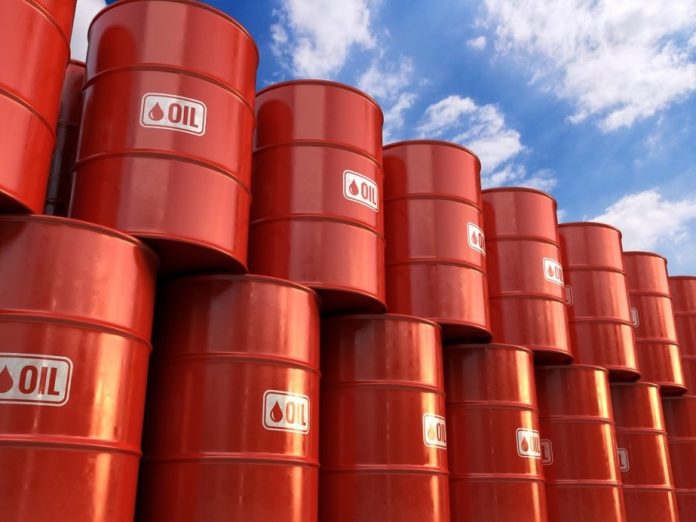Crude oil prices have fallen following the decision by the Organisation of Petroleum Exporting Countries, OPEC, and non-OPEC members to raise crude supplies to about one million barrels starting from July 1.
OPEC says the move is aimed at compensating producers for production loss at a time of rising global consumption. What this means is that any country with spare capacity will be able to boost production.
Nigeria was originally exempted from the initial output capping due to the volatility in the Niger-Delta, which brought the country’s crude oil down to less than one million barrels per day.
OPEC and non-OPEC removed about 1.8 million (bpd) from the market to boost crude oil prices. Nigeria’s Bonny Light crude oil also increased from $73.04 a barrel to $74.60 per barrel during the trading hours on Wednesday.
OPEC Ministers at the 4th OPEC and non-OPEC Ministerial Meeting held in Vienna, Austria at last weekend, decided that countries will strive to adhere to the overall conformity level, voluntarily adjusted to 100 per cent, as of 1 July 2018 for the remaining duration of the ‘Declaration of Cooperation’, DOC.
A close watcher of the crude oil market, Abiola Sowole, who said that crude oil prices are determined by supply and demand, argued that any unplanned disruption in the supply chain, due to geo-politics or other factors, usually raise prices rapidly.
Mrs. Sowole said, “Nobody can tell how sustainable high prices are. There are several forecasts, however, of continuous rise in prices”. She predicted that prices will rise to $75 a barrel this year, reaching $80-$85 next year and hitting $100 or higher by 2020.


















